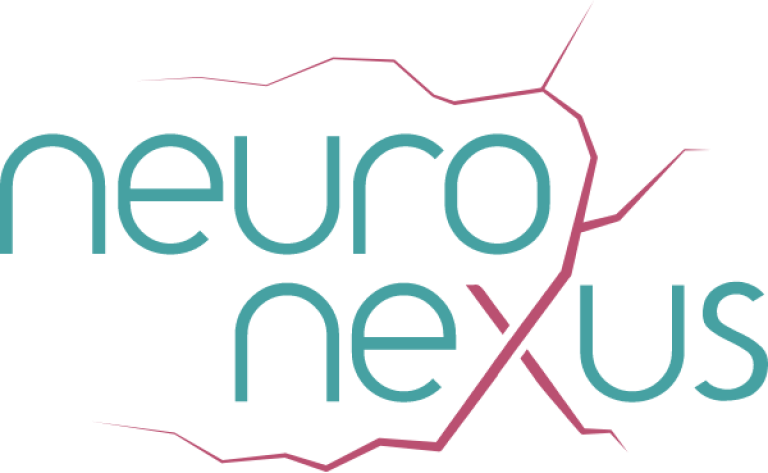Improving Mental Health Treatment Using Real-time Assessment of Behaviours and Emotions
Champion Name
Organization
University of CalgaryChallenge ID
Project Track
Skills Needed
The COVID-19 pandemic and the unintended consequences of public health measures to curtail the spread of the virus has exacerbated mental health inequalities for vulnerable populations. Emerging data from Canada and other countries show a rise in mental health problems during the pandemic, which are most acute among new mothers, young people, students and those with pre-existing psychiatric issues (Asmundson et al., 2020; Davenport et al., 2020; Xiong et al., 2020).
A major challenge to the development and implementation of effective mental health treatments is that assessment of symptoms including emotional states, cognitions and treatment adherence occurs infrequently and relies on retrospective recall, which is notoriously unreliable. This is especially problematic for skills-based interventions because it is difficult to accurately measure changes in perceptions, behaviours and the acquisition of skills retrospectively and what knowledge and skills are utilized in between sessions.
A potential solution is to conduct “Ecological Momentary Assessments” where people use technology to document their thoughts, behaviours and symptoms and barriers and facilitators to treatment adherence such as practicing new skills in real-time (Burke et al., 2017). The present proposal is to build a mobile app to improve the evaluation of a skills-based mental health program delivered online during the COVID-19 pandemic. The intervention we seek to evaluate is the Unified Protocol (UP) for Transdiagnostic Treatment of Emotional Disorders, which a flexible form of cognitive-behavioural therapy that has been used successfully with children, adolescents and adults (Barlow et al., 2017; Ehrenreich-May et al., 2017; Kennedy et al., 2019). The UP operates across psychiatric disorders by teaching skills that target the extinction of distress and anxiety associated with the experience of intense emotional states (Sauer-Zavala et al., 2012).
Our team (which includes a founder of UP therapy: Dr. Jill Ehrenreich-May) is currently conducting UP research with adolescents, young adults and caregivers who receive mental health services from AHS or Hull Services (a Calgary non-profit). We are also expanding the study to include University of Calgary students recruited through the Student Wellness Centre (intervention starts September 22nd).
A mobile app will allow us to examine the “mechanism of change” in the UP intervention: that is, the relationship between the skill being practiced and any change in mental health status (e.g. reduced anxiety). For example, a key skill taught in the UP is how to conduct “emotion-focused behavioural experiments” where people try out different behavioural strategies in response to different situations and document their resulting emotional state. A mobile app would allow direct testing of the hypothesis that conducting emotion-focused behavioral experiments decreases anxiety and/or emotional distress in real-time by increasing individuals perceived self-efficacy and sense of control over their lives and emotional state. Understanding the relationship between treatment adherence and mental health outcomes will optimize the UP by determining which skills provide the most therapeutic benefit and increase compliance with mental health services by reducing premature dropouts from mental health care. Optimizing the UP will improve the cost-effectiveness of the intervention, which can in turn increase access to services. Once proof-of-concept has been demonstrated with the UP, the mobile app could be used to evaluate and improve other skills-based mental health interventions, which are among the most popular and effective treatments for mental illness.
We have discussed this project with colleagues who have created mobile apps to monitor schizophrenia symptoms and cannabis use. Considering that our current research team consists of experts in mental health and UP therapy, we are seeking support from Neuro Nexus to add two team members to develop the mobile app: one should have skills in computer programming and the second should have skills in graphic design and human-centred design.
